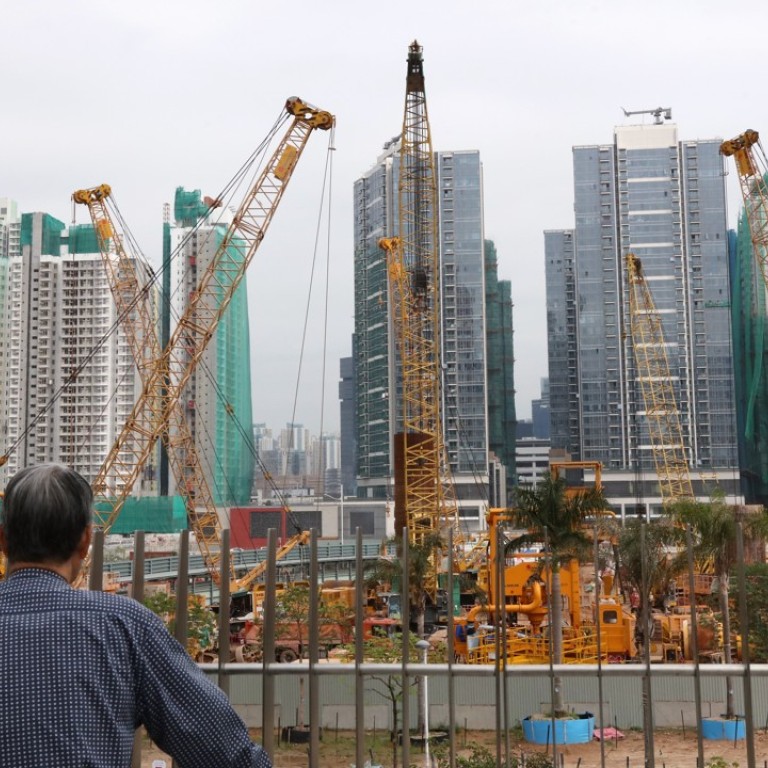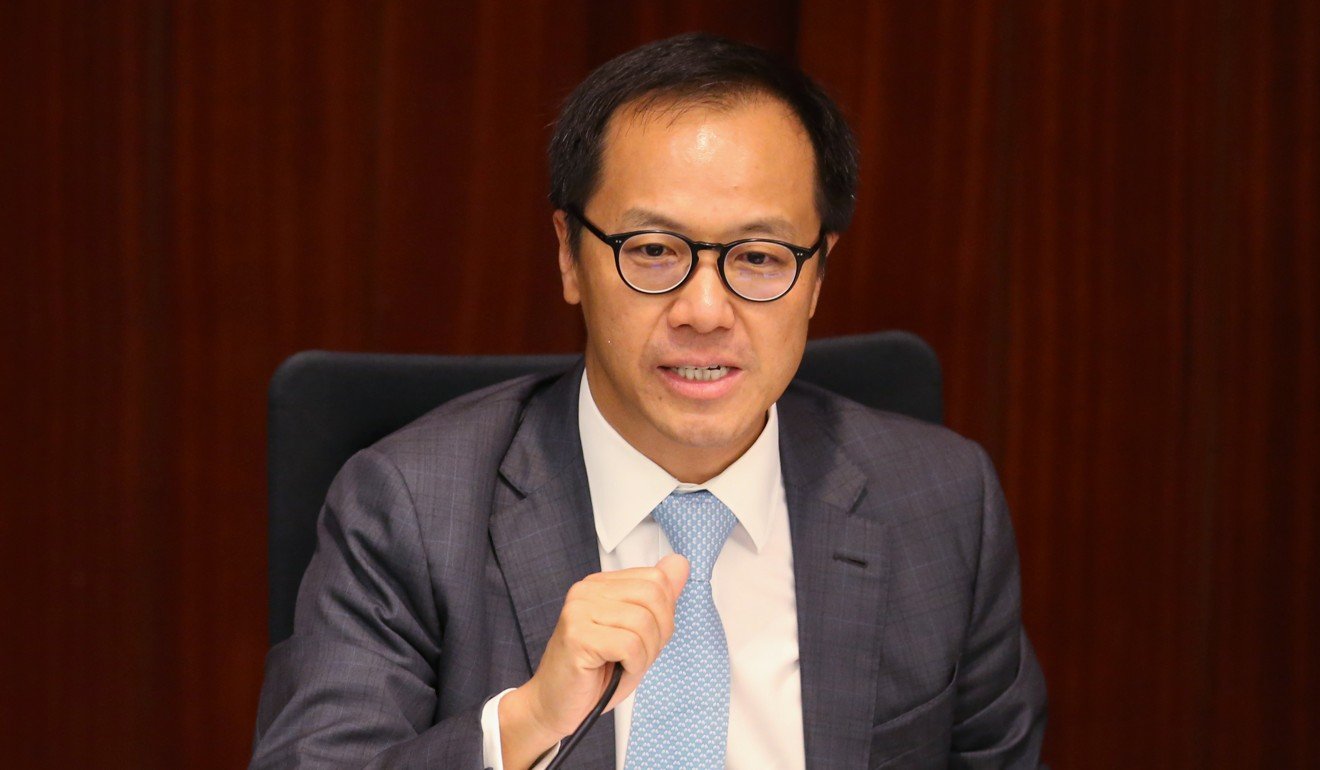
Hong Kong’s proposed vacancy tax ‘won’t solve housing problems’ but it does show policy objectives, forum told
Levy can help release homes into the market although impact on prices will be insignificant, proponents tell RTHK’s City Forum
A planned new tax on private developers that hoard empty flats is a means to show the Hong Kong government’s determination to tackle rocketing home prices rather than a policy that will have much effect, a forum heard on Sunday.
At RTHK’s City Forum, proponents believed the tax could help release residential units into the market although they agreed its impact on home prices would be insignificant, while opponents argued the vacancy rate of flats was low.
A speaker who supported a vacancy tax, Law Ka-chung, chief economist and strategist at the Hong Kong branch of Bank of Communications, said the levy should also cover flats in the secondary market to make it more effective.

Fellow speaker and advocate of the tax, lawmaker Kenneth Leung, who represents the accountancy sector, agreed that it might not be able to push down home prices.
“You can’t solve Hong Kong’s housing problems by one single policy,” Leung told the public forum. “But it is a correct means that can illustrate effectively the government’s policy objective. It is also a policy to encourage responsible market behaviour.”
Details on vacancy tax for flat hoarders coming in June
Studies have consistently ranked Hong Kong the world’s most expensive property market.
About 43,000 flats, or 3.7 per cent of the citywide total, lay vacant in 2017. Among them, 9,370 were unsold new flats – 5,000 of them having been completed last year, according to the Rating and Valuation Department.
The Real Estate Developers Association, which represents major private developers, opposed the tax and said the government figure was misleading. The association noted that flats were being categorised as completed and ready for occupation when they were waiting for an official certificate of compliance which would come only after all furnishing, fittings and landscaping work had been done.
Tax on empty flats not for revenue but to ease housing woe: finance chief
At Sunday’s forum, Donald Choi Wun-hing, chief executive of property developer Chinachem Group, said the tax would only hurt the buyers as the developers would probably pass the extra costs to them.
“The government has introduced many measures to cool the market, say, the special stamp duty, but it ends up making it more difficult for people to buy. The prices have not dropped.”
Shih Wing-ching, founder of leading property agency Centaline Group, also argued that a vacancy rate of about 5 per cent was normal. “If the vacancy rate is low, imposing a vacancy tax will not address the issue. It is like taking fever reducers when you do not have a fever,” Shih said.
“It is impractical to expect a zero vacancy rate. It is a socialist planned economy.”
What next after a vacancy tax on developers hoarding empty flats?
Law however argued: “The main issue is not about the level of vacancy rates. It is right for the government to show its determination. If there were no vacant flats, then the government would not be able to collect any vacancy tax, so, the tax could be scrapped after two or three years. Why do the developers need to bother anyway?”

